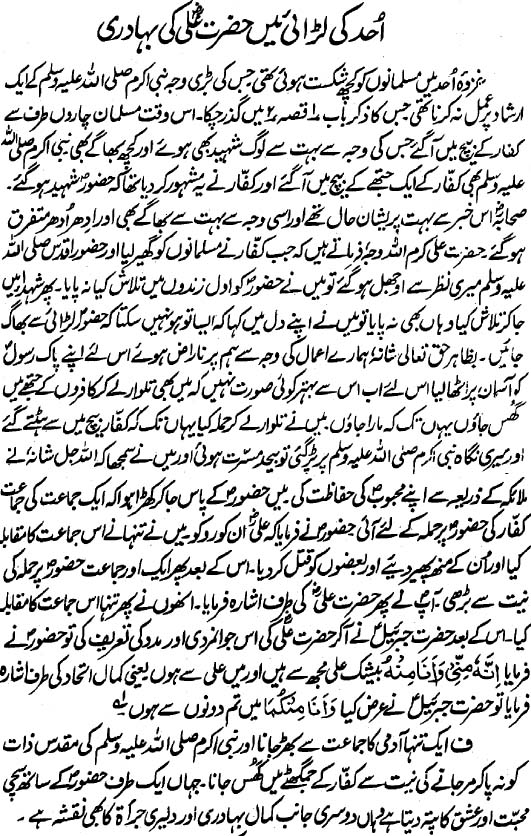It is impossible to turn a blind eye to the fact that Beloved Prophet Muhammad (Praise and Peace be upon Him) is by far the most worthy and the greatest of all mankind, and that he is the most perfect of all, adorned with the most excellent virtues and qualities.
وأحسن منك لم تر قط عيني
I haven’t seen the lovely personality like yours
وأجمل منك لم تلد النساء
And no mother has given birth to such a wonderful personality
خُلِقْتَ مبرءاً من كل عيب
You are created free from every fault
كأنك قد خُلِقْتَ كما تشاء
You were created, as you wanted to be
His physical description and character have been reported by many of his Companions, and we are told that he was the most handsome man ever created, surpassing Prophet Yousuf Alaihis Salam, for whom the women of the city cut their hands.
And when she heard of their secret talk, she sent for them and prepared cushioned mattresses for them and gave a knife to each one of them and said to Yusuf, “Come out before them!” When the women saw him, they praised him and cut their hands, and said, “Purity is to Allah – this is no human being; this is not but an honorable angel!” [Surah al-Yousuf, Verse 31]
A Green Turban Shaped around a Kullah, A Stick, and A cotton Mantle or Cloak, attributed to Sayyiduna wa Mawlana Rasoolullah Sallallaho Alaihi wa Aalihi wa Sallam



